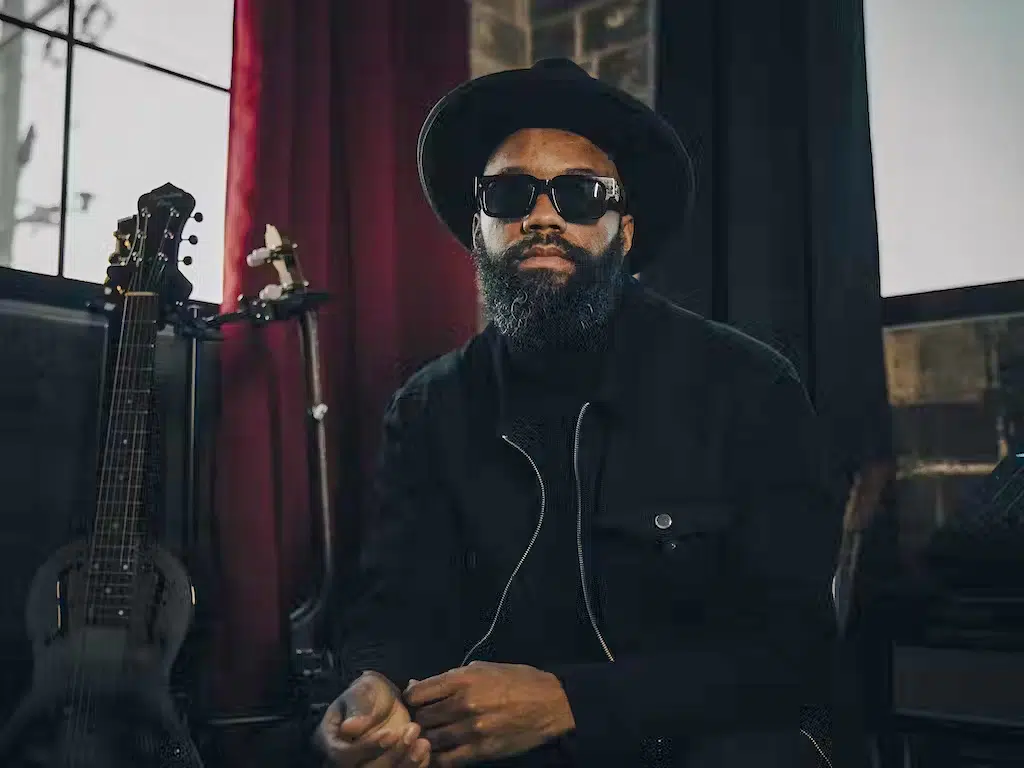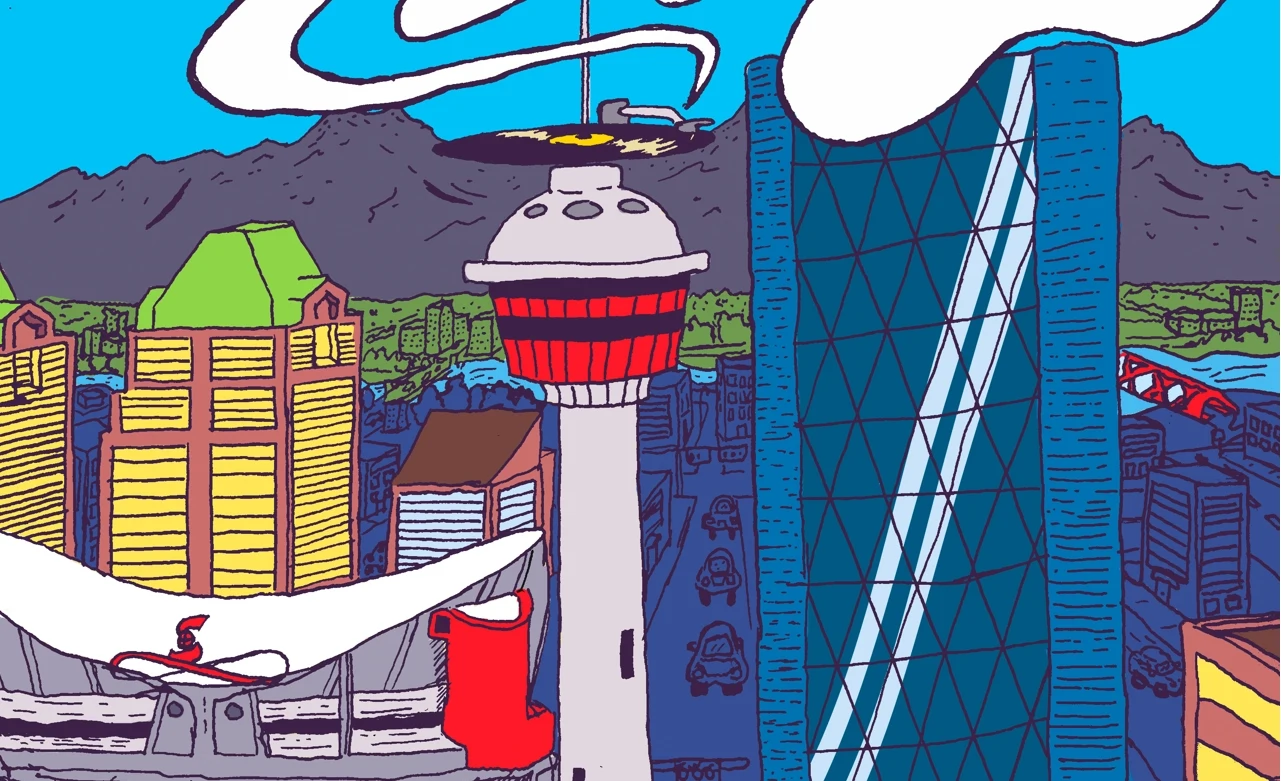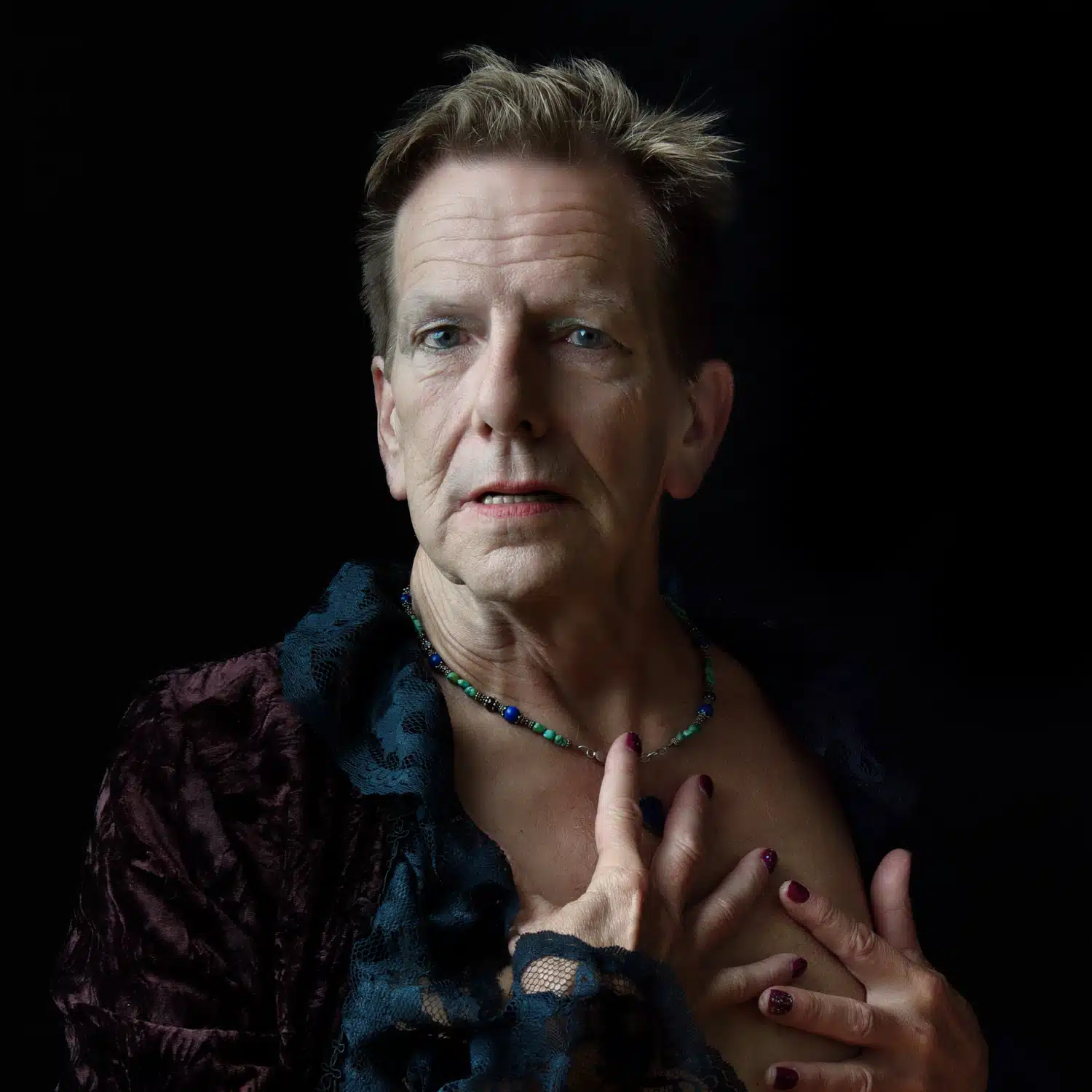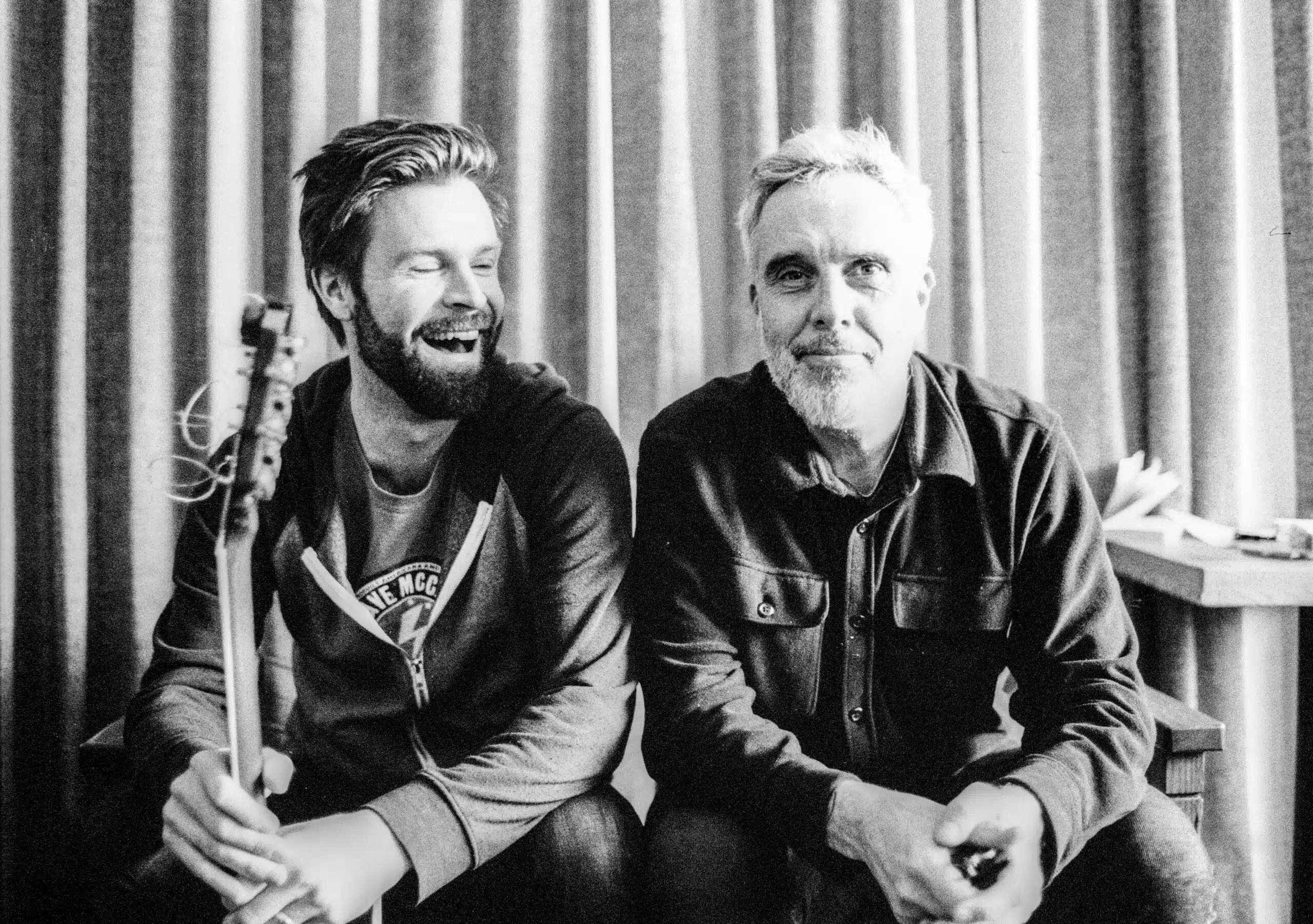The first surprise in speaking with Carl “Buffalo” Nichols from his hotel at a tour stop in San Diego is the time of the interview — 9 a.m., a rare time to chat with musicians — what they call “the other 9 o’clock” because many are seldom awake to experience it. But the Houston-born, Milwaukee-raised Nichols has experience with early mornings.
“I’ve never been a morning person but I’ve always worked the kind of jobs that require you to get up early, so I’m used to that,” Nichols says. He’s worked 12-hour shifts, starting at 5 a.m., making cages for small animals and was also a dishwasher at an airport, meaning more 5 a.m. shifts.
Which leads him to the next surprising thing, based on the fact the 9 a.m. interview he graciously made time for is slotted into an already full day. “But those little idle moments where music comes from often — when you’re putting out an album — they all become filled up so it’s very easy to get overwhelmed. You see it a lot. People might not always necessarily be upfront about it, but a lot of people are overwhelmed. It’s great to have an album that people enjoy, but if you want to make another one you really need to be careful about how busy you are.”
That’s a lot of wisdom earned with the release of Nichols’ first, self-titled album in 2021 on Fat Possum Records. The label’s founder, Matthew Johnson, has stated it’s the first blues record the label has released in two decades. Well. No surprise – Nichols’ music gently elbows its way into the party and demands attention without being arrogant or vain. The eight tracks are a journey of self-reflection and observation that turn the lens from the private to the public, especially in the song Another Man, capturing yet one more shooting death of a black person at the hands of an American cop, lamenting: “Don’t need to hide behind a white hood when a badge works just as good.”
The music is direct, tactful and impactful, leaning on Nichols’ mesmerizing, spacious guitar stylings and emotions filled in by the listener rather than the musician.
Perhaps that’s a by-product of his variegated musical heritage, from playing guitar at church gigs in Milwaukee to discovering his mom’s Keb Mo’ and Son House records when he was a youth adrift in a sea of Hanson to playing bars in the Wisconsin punk scene (more like hardcore and metal core, he says, but the ethic aligns with the early Delta blues musicians who resonate with him).
He also travelled to Senegal and played music there shortly after high school, inspired by many Senegalese friends from his hometown. “I didn’t take it all in as much as I wished I would have, but I still learned a lot. It was so great to see things that were so different and to experience music and culture in a different way.”
So, how did these many silos of experience impact his music? “I just feel like early on I was learning — learning songs and learning techniques and learning instruments — and absorbed a lot of what I’d just come across. But at this point I’ve just learned really the value of art and culture. I’m not any longer at a point where, you know, I really wanted to be at one point a guitar player in an African music band, and I really wanted to be a bluegrass guitar player, and at this point as long as I find something that’s like me and true to myself, I can help move my own culture forward. Instead of trying to be a part of something else I should try to figure out how to create what’s next and what’s alive and what’s part of me.”
Being true to himself connects with that piece about not letting the whole machinery of the industry engulf him; Nichols says his second album is now ready for release after touring and playing in support of the first one for two years. “Right now, I’m just really trying to figure out a better balance, because this is my first foray into the, you know, proper music industry. I’ve been just independent, just making music on my own terms for so long and now I’m dealing with schedules and all these different kinds of things. So, after this next album, even during this next album I’m going to slow down and try and remember why I’m doing all this.”
In staying true to his muse, Nichols has also tried to shelter the muses of others working in hidden bars, country churches, and backroads hamlets by speaking up about his intimate journey with music.
Last year he drew flack for telling Rolling Stone that for people under 35, getting into the blues is a struggle due to a pack of older white guys making awful music and taking up more than their share of space.
“Oh, yeah, I got backlash, and this was over a year ago. Still to this day I get occasional messages about things that I said. But it’s kind of strange to me because I never mentioned ‘the list’ (of older white guys playing awful blues for a lot of money) because I don’t think there’s any barrier to who can listen to the blues, to music. If it feels good to you, you should be able to enjoy it.
“That’s never been a thing that I’ve talked about, but I have been pretty vocal about who controls the channels. Who decides who gets to make the records, who is going to decide who is really going to have a sustainable career and even who is a hit — who is getting the best air time and everything. That is controlled not by just white men but by very capitalist minded white men.”
“So, it made people really upset but I stand by what I said. The further I get along the more I see that it’s true. It’s very much like the culture has been co-opted in a way that if you are non-white and you are not coming from a middle-class background it’s going to be very difficult to even get in to the blues as far as making a living at it. It’s been cut off from the people who created it. And it’s not a secret, so I don’t know why people are upset that I said it. That’s the way it is.”
This simple statement connects all the guideposts on Nichols’ journey from his time in Africa with grass roots musicians to being immersed in the DIY culture of the Milwaukee punk scene (“Nobody really had dreams of being a superstar because it was not realistic. People just did this because they liked it.”) to discovering and absorbing old Southern blues.
“The blues is to me, and to a lot of people, it’s all about the feeling. And there’s always been great guitar players and great instrumentalists in the blues, but that was, like, the icing on the cake. The thing that came first was the passion and the feeling and the singing. When you take that away, you have something different. And maybe that’s valid too but I don’t think people who are making passionate music should have to compete with people who are having a guitar competition.”
Buffalo Nichols plays the Calgary Folk Music Festival July 27 to July 30 at Prince’s Island Park.



